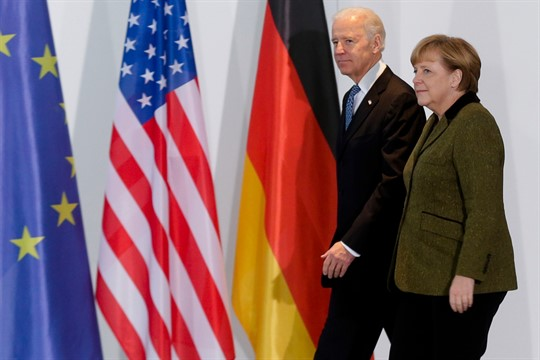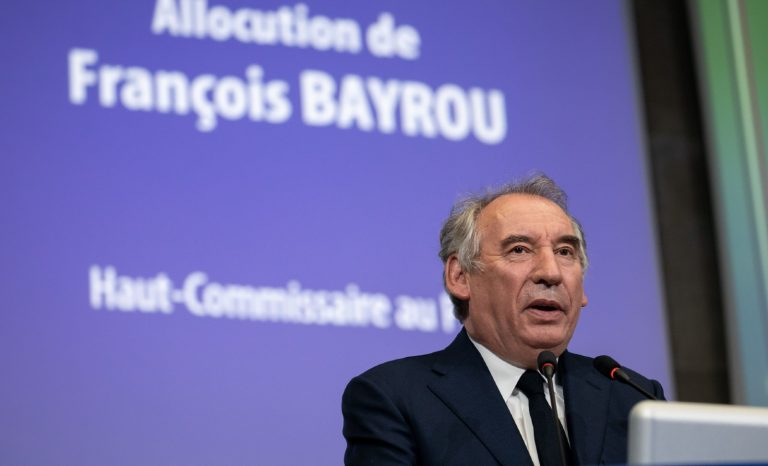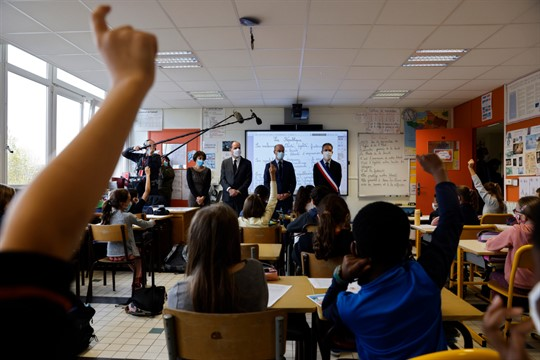The Great Reset: The Davos playbook for the post-Covid world
Series Note: We are in the middle of an unprecedented crisis as the Covid-19 pandemic, and the lockdowns implemented in response, continue to deliver a series of economic, social and psychological shocks to the world. In this time of chaos, some of the world’s most powerful interest groups have stepped forward claiming that this crisis presents an opportunity to ‘reset’ the world’s systems.







